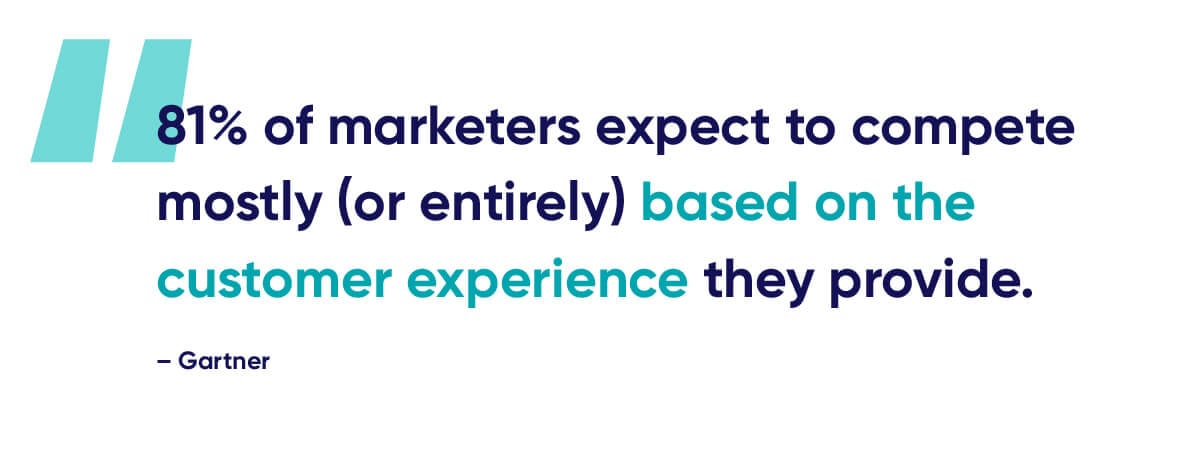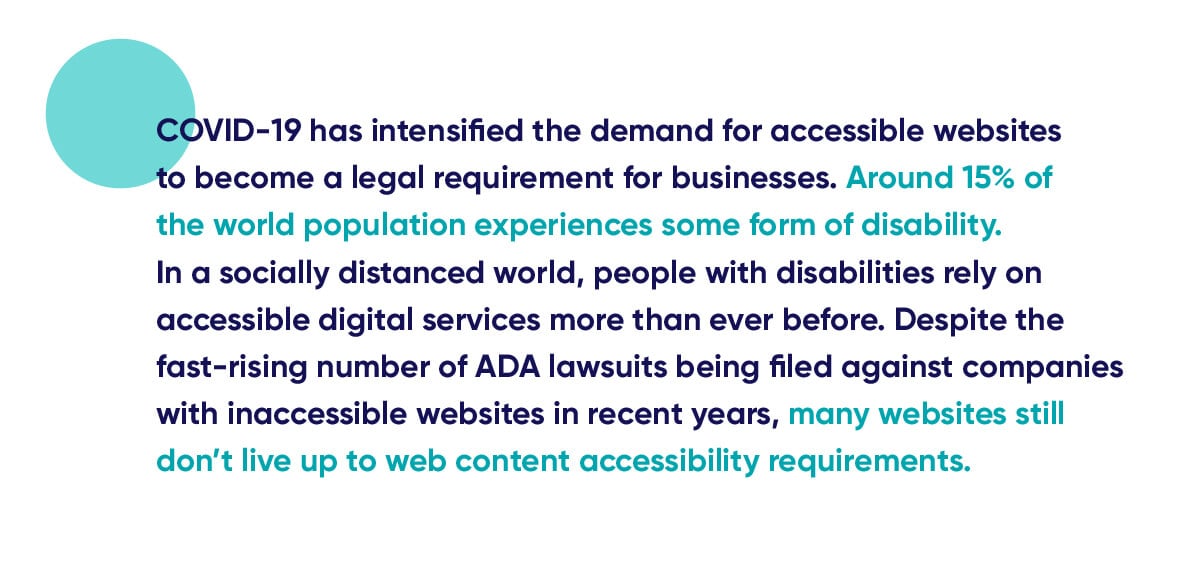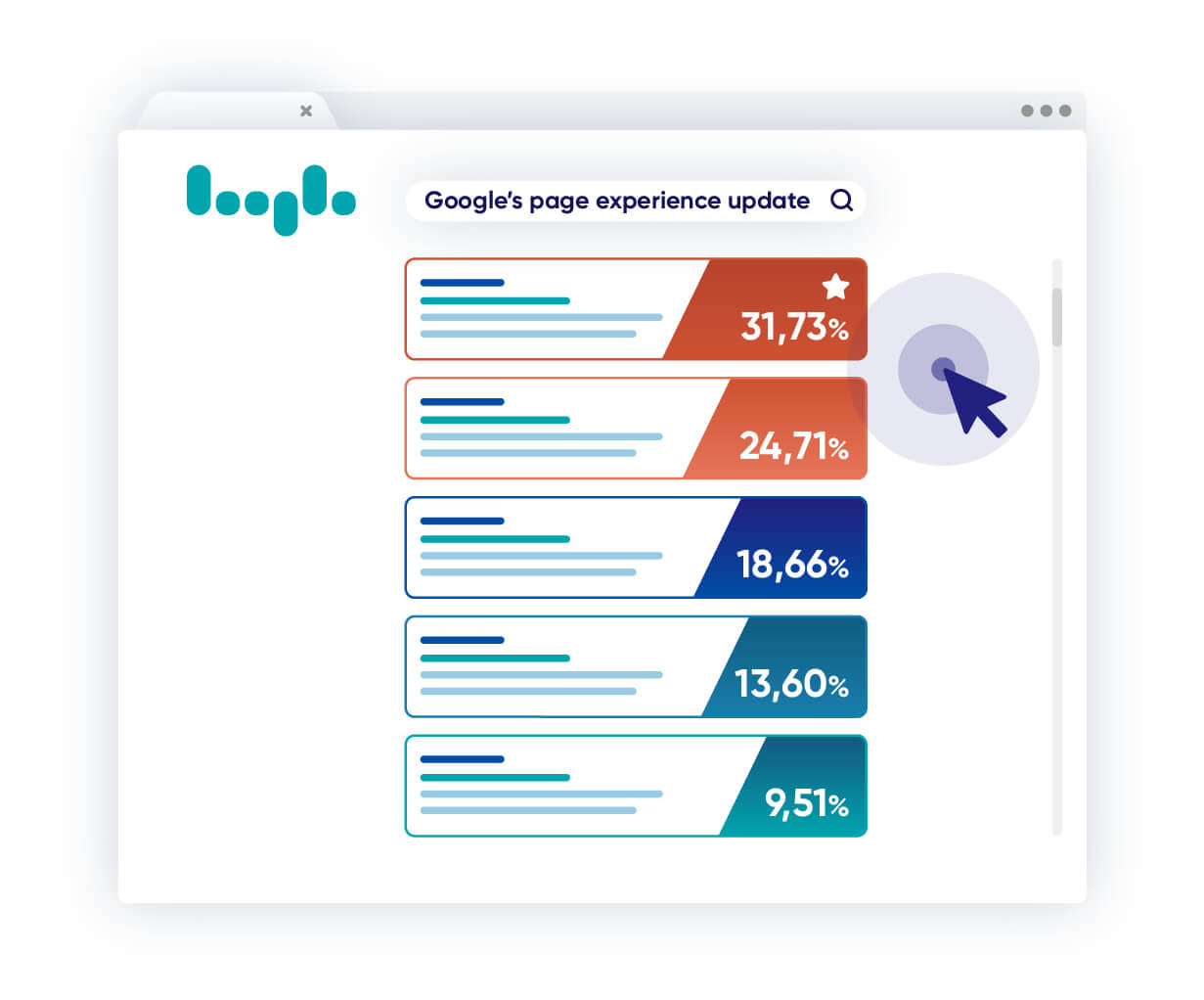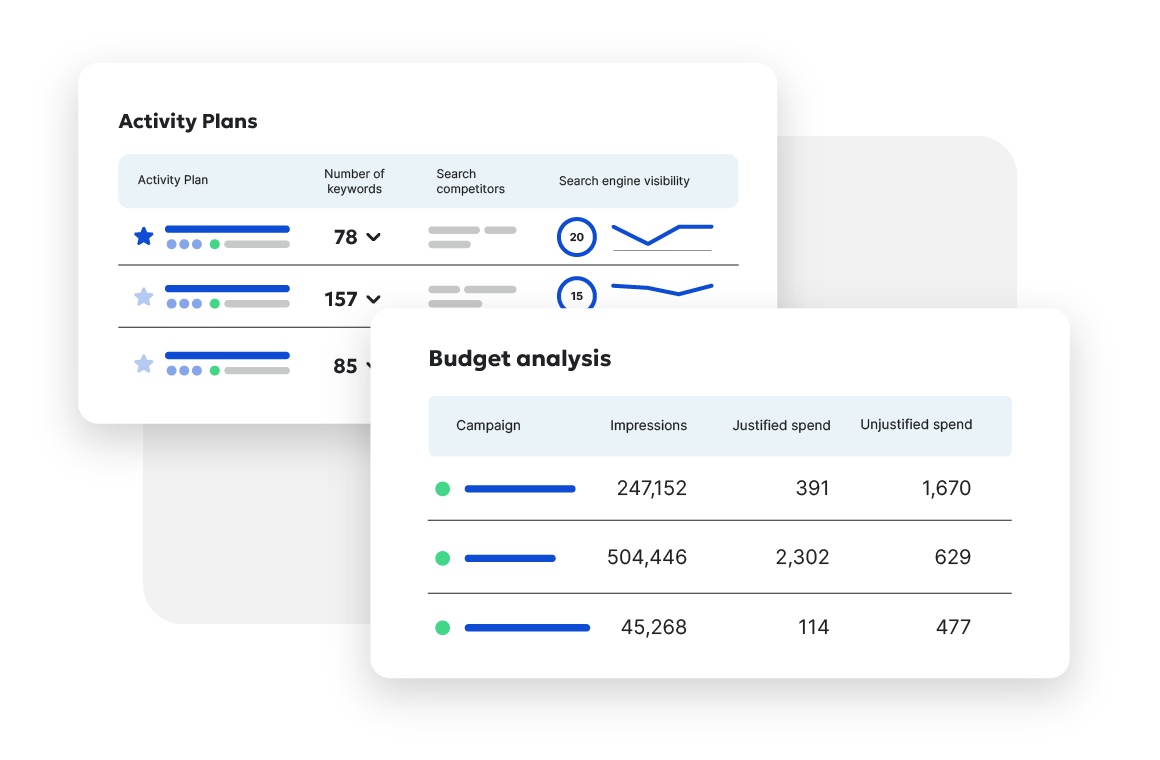For any business, a positive digital user experience is indisputably the most effective, sustainable way to drive customer engagement – and profit. How visitors experience your website critically influences the entire customer relationship. The more worthwhile the site experience, the more visitors are willing to interact and build trust with your brand, which ultimately means a contribution to your bottom line.
It’s not uncommon among C-level executives to shrug off digital user experience as an industry buzzword and consider website design a nicety – something powerful, undoubtedly, but rather a luxury instead of a tangible component of business success. This mindset seems to prevail even as COVID-19 has forced businesses to change the way they connect with customers. Quite abruptly, the pandemic has moved most customer touchpoints online and made website experience imperative for businesses wanting to attract and convert interest into revenue in the new digital-first marketplace.
In 2021, Google will put users front and center
With Google’s page experience update set to go live in May, businesses will be pushed to improve their game and create meaningful, human user experiences both on desktop and mobile to keep ranking high and not fall behind competition. Without a doubt, the update will shift focus away from traditional on-page SEO strategies in favor of more advanced technical SEO, prioritizing how users experience websites across devices in a holistic way.
In the race for Google’s prime position, delivering the best possible website experience is non-negotiable. Businesses should be keen to understand Google’s page experience update and get a head start by taking the necessary strategic preparations. Because their competition most likely will.
However, what’s blatantly obvious to you as a digital marketing professional might not necessarily be for senior management – admittedly, it might require some initial legwork to make C-suite understand the need for action and get respective buy-in from the top.
Read on to see how you can build a strong case for executives to invest valuable resources in Google’s page experience update.
User-focused website experience sets you apart from your competition
The truth is – emotions sell. The simplest way to elicit positive customer responses is through memorable, enjoyable on-site experiences with customers’ interests and motivations at the heart of it.
Salesforce found that 76% of consumers expect a business to understand their needs and expectations. When trying to stand out online, the experience you provide is your biggest competitive advantage - a clear, cohesive, and accessible website catering to your customers’ unique interests is critical to build trust and succeed as a business in today’s digital landscape.
Providing a great digital customer experience - or getting it terribly wrong - has a direct impact on business profitability:
- A Walker study found that by end of 2020, customer experience will overtake price and products as the key brand differentiator.
- 50% of customers will stop visiting your site if it provides a poor user experience, even if they like your brand.
- 57% of customers have stopped buying from a company because a competitor provided a better digital customer experience.
- 80% of customers say the experience a company provides is as important as its product and services.
- 38% of website visitors will stop engaging with the website if the content or layout are unattractive.
- 48% of users feel frustrated when navigating websites that are poorly optimized for mobile.
- 88% of website visitors are less likely to return to a website after a bad experience.
- A Stanford study shows that 75% of online customers judge a company’s credibility based on the company’s website design.

Website experience reaches far beyond what you traditionally associate with graphics and brand elements. While website design – logos, colors, visuals – plays a crucial role in engaging visitors on-site, it’s the personalized experience that makes them stay and come back. At its core, website experience is about digital inclusion and being accessible to all audiences no matter their abilities or disabilities.

Website experience impacts your Google search rankings
Meaningful websites that provide high-quality, relevant content are not only integral to form and enhance customer relationships—they’re also critical to your online rankings.
The reward for websites that deliver an exceptional page experience is prime real estate in Google’s search results. Why? For one, Google is keenly interested in promoting the best-performing, most relevant websites, as users trust the quality of Google’s search results (and the search giant wouldn't jeopardize its reputation by moving websites with poor user experience up its ranks). With the search algorithm update, the emphasis on the quality of website experience will become even stronger. Besides, with so many websites competing to offer top-quality content optimized for search, Google needs to use differentiators beyond content to rank pages.
The simplest way to think about the update is that user-friendly websites with the most relevant content will rank higher than websites that aren’t as user-friendly. We’ve all had terrible online experiences—spending too much time navigating around while trying to find information.
Google is adjusting its search algorithm to minimize this risk by putting websites users love at the top of search results. A positive page experience will directly improve your ranking, a negative score will cause your page rank to drop, resulting in a decline in traffic – and, ultimately, loss of influence and revenue.
Ranking takes you ahead of the competition
The top listing in Google’s organic search results gets 31.73% of all traffic compared to 24.7% for the second position and 18.7% for spot 3. If you rank 10th, you’ll get a mere 3.1% of all clicks, which is not quite something to cheer about. Nothing is more frustrating than seeing your website rank on the umpteenth page of Google.
While claiming Google’s top positions is obviously important for your business, the great drop in traffic shows how big of an advantage websites ranking #1 have over competitors with lower rankings. The click-through-rate (CTR) decreases exponentially as you go down the ranks – moving up by just one position from #5 to #4 will drive more traffic than climbing up ten positions from #20 to #10.

Now do a little math to put a monetary worth on ranking higher:
On average, ranking 4th on Google gives you around 14% of all page clicks. The prime position drives roughly 32% of all organic traffic, which is 2.3x more. Let’s say you have 30,000 unique visitors to your website each month. Climbing up the ranks from position #4 all the way to the top will increase the number of website visitors to 69,000 – that’s an increase of 39,000 visitors! Depending on your average value of a website visitor, you can estimate the increase in revenue generated by the quality of the website experience you provide.
Google will put your business on display – and that’s not necessarily a good thing
From May onwards, search results will include a visual indicator that will directly impact your website’s organic traffic. Google’s indicator will promote high-quality pages in its search results. In other words, Google will reveal whether you provide an excellent user experience—or fail to do so in case you don’t meet the new Core Web Vitals benchmarks.
Why will this make or break your business? Organic drives 300% more traffic than social media. And on top of that, 49% of marketers report that organic search generates the highest ROI of any marketing channel.
Your website is the most visible marketing asset for your business. If Google doesn’t trust your site because it doesn’t provide a high-quality user experience, it’s likely visitors won’t find your brand credible either. The reputational damage will tangibly hurt your bottom line – and give your competitors a carte blanche when it comes to outranking your business in organic search results.
Google’s page experience update should be every business’ call to action to take a holistic end-to-end approach to user experience – from increasing organic traffic by meeting Google’s benchmarks, all the way to optimizing the entire website experience to satisfy customer needs – to increasing organic traffic and adding to your business’ bottom line in the long run.

Ready to improve your Search Engine Optimization?
Siteimprove SEO is an all-in-one Enterprise SEO tool that can help you achieve your digital potential.
Schedule a demo
Conny á Reynatrøð
Conny is a former Global Senior Content Strategist at Siteimprove where she directed the creation of customer success stories and brand narratives, leading all creative efforts from ideation to concept development. She thrives on crafting stories that bring global B2B brands to life, engaging employees, and driving alignment with business goals - all while making complex concepts feel refreshingly simple.
